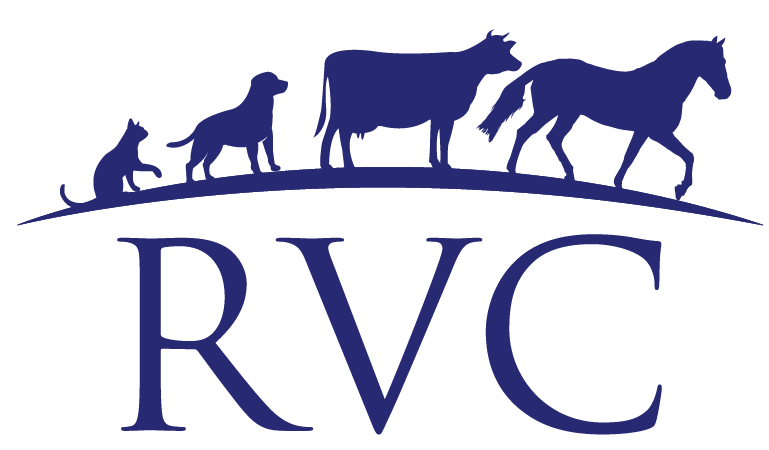COCCIDIA:
The real problem is what you don’t see!
Coccidia is a protozoa that can infect the intestinal tract of young calves; the lifecycle is similar to that of internal parasites where oocysts reside in the pasture and are picked up by calves as they graze, they then mature and pass through the intestinal tract. More oocysts are then produced within the calf’s gut and shed in the faeces, further contaminating the pasture. This cycle continues, and animals (particularly young, recently weaned calves) are susceptible to picking up the oocysts whilst grazing and becoming infected.
Presenting signs
Diarrhoea (+/- blood or mucus)
Rough coat
Lethargy
Straining
Dehydration
Fever
Sudden death
However, it is important to note that only 5% of infected animals may show clinical symptoms; the majority of infected calves may not show any symptoms at all! Subclinically affected animals will often just present with reduced growth rates; which can be a large financial toll on the farm as a whole. Recently weaned calves are the most susceptible to developing a high burden of coccidia. Whilst most calf meals contain coccidiostats, these often only keep coccidia numbers low within animals, rather than eliminating them entirely. As calves are weaned off meal, and solely graze pasture, any low coccidia numbers can rapidly multiply. Stressors put onto animals, such as mixing mobs of calves as they are turned out for grazing and transportation, can also coincide with an increased number of infective coccidia.
Prevention and treatment
Treating calves at the time of weaning will disrupt the coccidia lifecycle and prevent any oocysts within the gut from being passed into the environment via faeces. Several New Zealand studies have been performed (for a number of different products that are available) to look at the effect of treating calves against coccidia at the time of weaning. Studies carried out by Massey University showed that a single dose of Baycox C Toltrazuril (ToltroxTM) given to calves at the time of weaning from meal provided a 5kg higher liveweight in calves when compared to those not treated1. New Zealand studies have also shown that treatment with ‘Turbo Initial’ at the time of weaning significantly reduces the oocyst shedding in calves for up to 70 days post-treatment. This results in reduced environmental contamination and so less challenge in treated animals and those grazing the same pastures. Ensuring that weaned calves are not grazing in the same paddock(s) season after season, also reduces the exposure of newly weaned calves to oocysts present in the environment. Where possible, allowing these paddocks to spell for a season in between seasons of weaned calves is a great option to disrupt the coccidia lifecycle.
